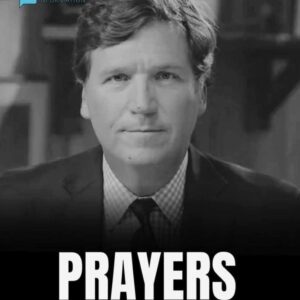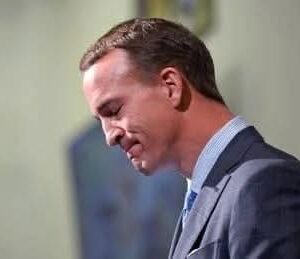In a decision that has sent ripples through American political circles, Pete Buttigieg—former U.S. Transportation Secretary and once a small‑town mayor—has chosen to forgo the Michigan Senate race. With the upcoming vacancy created by Sen. Gary Peters’ (D‑MI) departure, many expected Buttigieg to pursue what appeared to be a winnable state race. However, Buttigieg’s bold pivot leaves no doubt about his long‑term aspirations: he is setting his sights on the nation’s highest office. This move is not simply a tactical recalibration; it is a clear and decisive statement of his ambition to build a national campaign apparatus capable of challenging the political order in a post‑Trump era.
This extensive article provides a detailed exploration of Buttigieg’s strategic decision. It examines the advantages of concentrating on a presidential bid over a Senate run, delves into the lessons of his political journey, and considers the broader implications of his move for the Democratic Party and American politics at large.
I. Buttigieg’s Political Journey: A Brief Background
A. From Small‑Town Mayor to National Figure
Pete Buttigieg’s story is one that resonates with many Americans. His rise from the mayoralty of South Bend, Indiana—a modest city with a population of roughly 100,000—to becoming a nationally recognized political figure is a testament to his visionary leadership and pragmatic problem‑solving skills. During his tenure as mayor, Buttigieg earned acclaim for initiatives that revitalized local infrastructure, spurred economic development, and improved public services. His ability to combine fiscal responsibility with innovative policies earned him a reputation as an effective and forward‑thinking administrator.
B. The 2020 Presidential Campaign: Capturing National Attention
Buttigieg first captured the nation’s attention during his 2020 presidential campaign. With his distinctive personal narrative—an openly gay veteran of the U.S. Navy and a former intelligence officer—he emerged as a refreshing alternative to traditional candidates. His message, which blended hope with a call for pragmatic reform, resonated particularly with younger and progressive voters. Although his bid did not culminate in a nomination, the campaign laid the groundwork for his emergence as a viable national leader.
C. Cabinet Role and Beyond
Following the 2020 campaign, Buttigieg’s political journey took another significant turn when he joined the Biden administration as the U.S. Transportation Secretary. In this capacity, he was tasked with overseeing critical aspects of the nation’s infrastructure and transportation systems. His performance in this role further solidified his credentials as a capable administrator and a unifying voice capable of bridging partisan divides. Throughout his tenure, Buttigieg focused on modernizing outdated systems and leveraging technology to improve safety, efficiency, and environmental sustainability.





